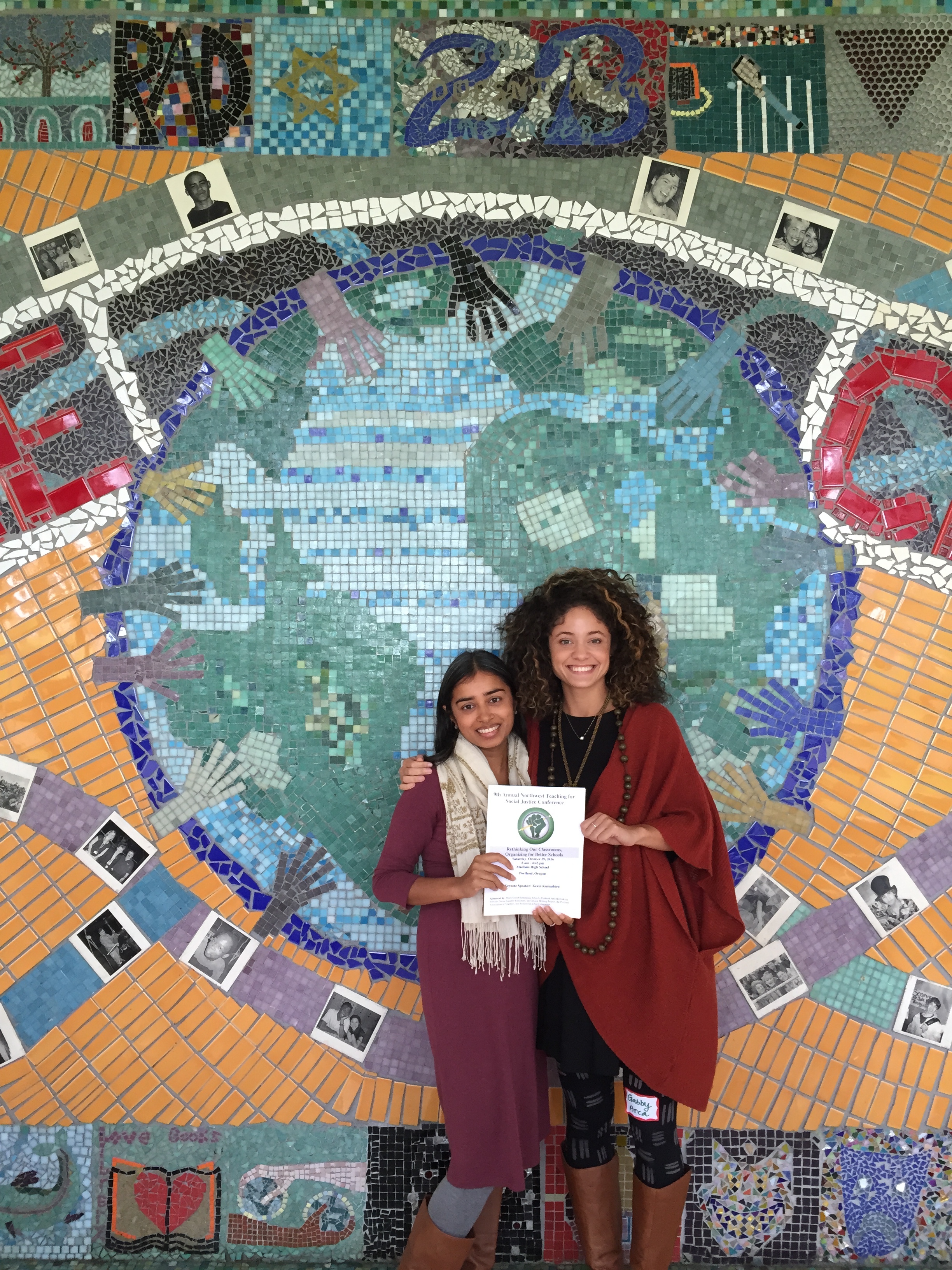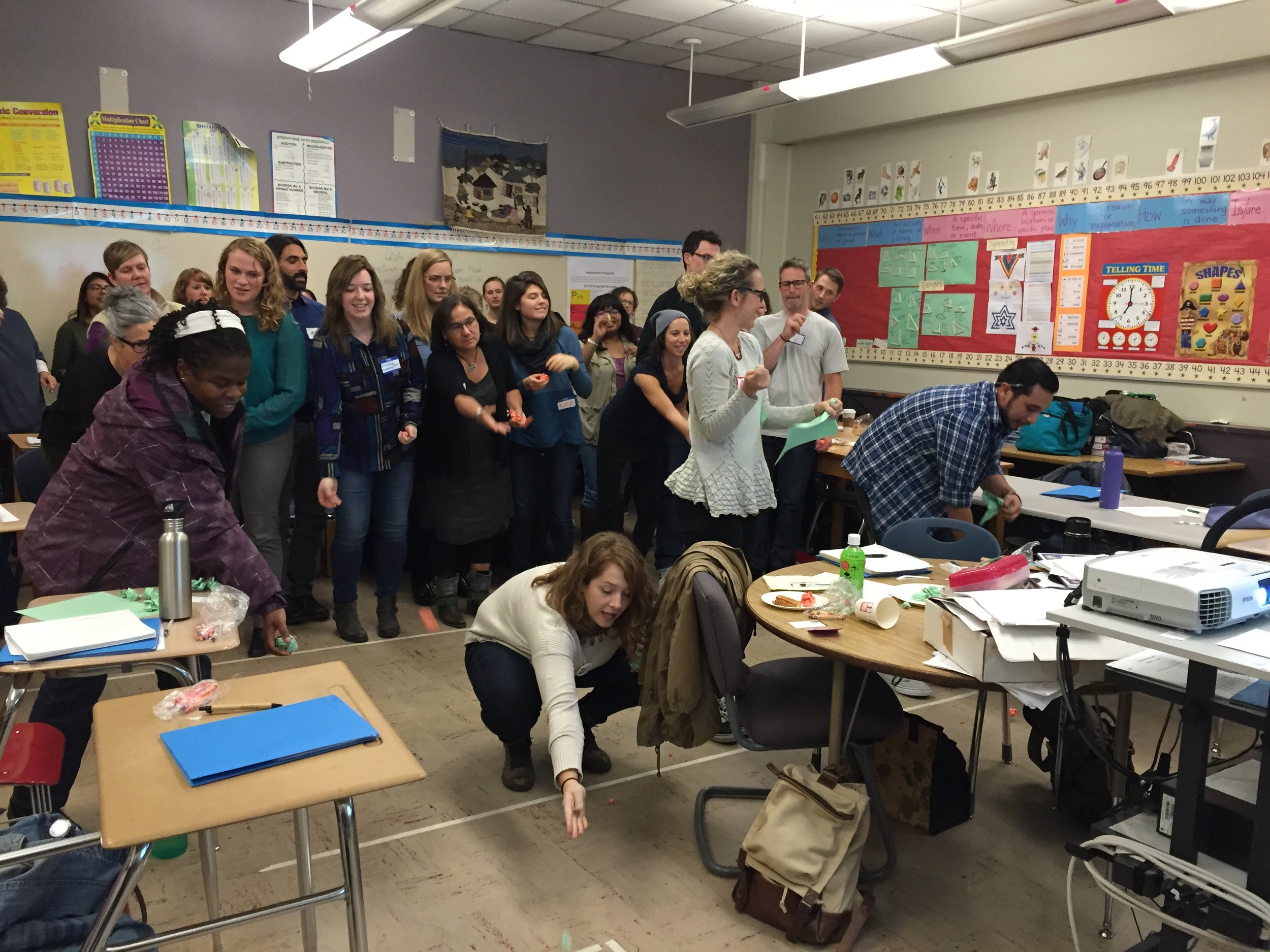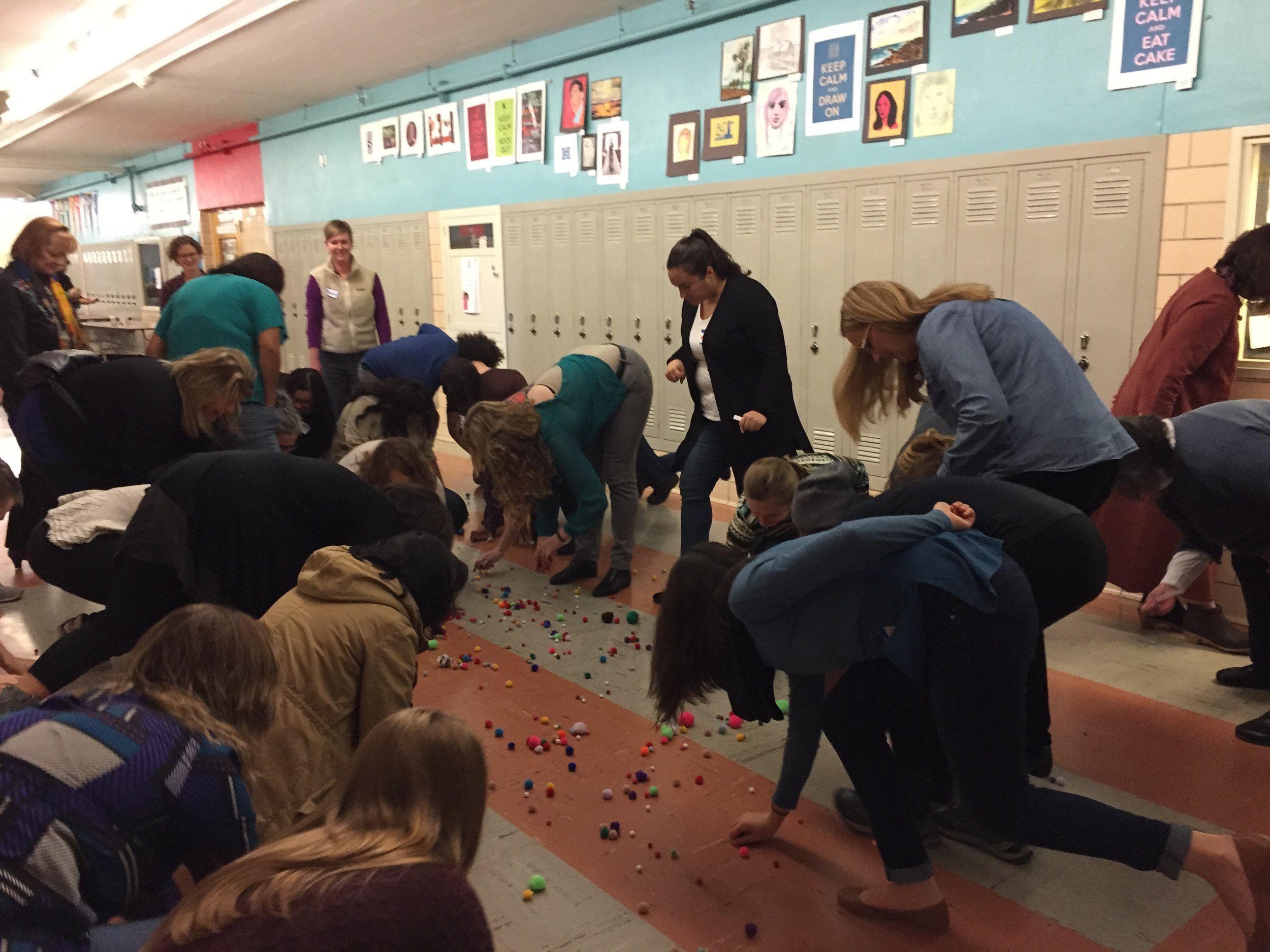The Art of Coaching Teams Institute
Last year, I took on a new role at my school and in addition to be a 3rd grade teacher, I was also the Co-Teaching Facilitator. It was fun to be able to work with my colleagues in a new capacity and rewarding to find and provide resources to (hopefully) support them. As part of this role and some hopes for next year, I attended The Art of Coaching Teams Institute through Bright Morning. I had already read and worked with The Art of Coaching by Elena Aguilar and was excited to add The Art of Coaching Teams (also by Elena Aguilar) to my resources bank.
The workshop packed a lot into two days and I especially loved the opportunities to collaborate with others and make what we were learning and discussing relevant to our own work. There was so much to appreciate, but here are a few of my highlights:
I loved the Cycle of an Emotion (in the photo above). It is so concrete and applies to everyone in almost every situation. We talked about it during the institute as a way to be mindful of our reactions and responses, but I see so many ways to use this graphic. I would love to use it with my third graders - we often talk about how we can’t control our feelings, but we can control what we do about them. It also provides a wonderfully concrete and tangible way of understanding someone else’s perspective when someone does something we don’t particularly appreciate. In a coaching or collaboration situation, I could see it being useful as a way to stop or limit a misunderstanding or conflict instead of lettings things spiral or build.
One really important point about the graphic above (Cycle of an Emotion) is that our interpretation is colored by our own unconscious biases and systemic forces in our society. We must acknowledge our own identities and the cultural contexts that influence our interpretations, physical responses, and actions. I really appreciated this lens as I find that I can’t genuinely work on team building without acknowledging (and hopefully challenging!) these forces as part of all of our interactions.
Another aspect of the institute I really appreciated was the focus on emotional intelligence and how developing the emotional intelligence of a team is crucial to effective collaboration. If you ignore emotions or tension in a group, so much energy will go toward avoiding or managing that tension. But if you have a group that excels at understanding and taking care of each other, they will be able to communicate well, have healthy conflict, and work well together. As the slide above reminds us, “when people feel good, they work at their best.” This is also a really important reminder to take care of yourself. You can’t be a good teacher (or friend, sibling, etc) if you aren’t in a good place. It takes so much emotional energy to be unhappy, frustrated, stressed, or upset.
One of the strategies for leading more inclusive teams was to encourage storytelling as it builds connections. I always love any reminders of the significance and transformative effects of storytelling. It is such a wonderful way for people to become more connected to each other and to find common threads in our stories to help us understand what we are working toward. Stories remind us of our shared humanity. Even though I don’t teach a full formal storytelling unit anymore, I use storytelling in my teaching all the time. When starting a new unit or sharing a new concept, ask for stories about this idea, emotion, or experience in people’s lives. They will be far more prepared to engage afterward and will feel more connected to anyone whose story they shared.
And finally, always go back to purpose! This sounds basic, but it is so crucial. A clear purpose provides clarity and focus, increases motivation, and can help uphold the larger mission, goals, or vision of an organization, classroom, or community. When I share a purpose of what we are learning or working on with my students, they are more engaged. Even when someone might disagree with your purpose, sharing it is powerful.
I hope some of these reminders are helpful (and that you get a chance to check out some of Bright Morning’s resources!) What are some important reminders or must-do’s for you when working in or leading a team?






















